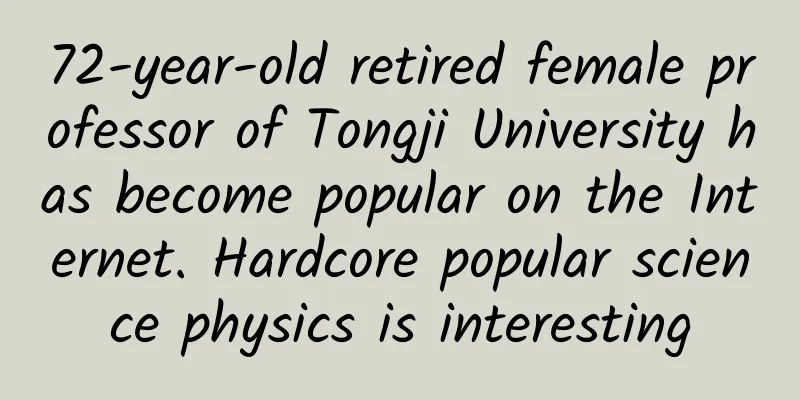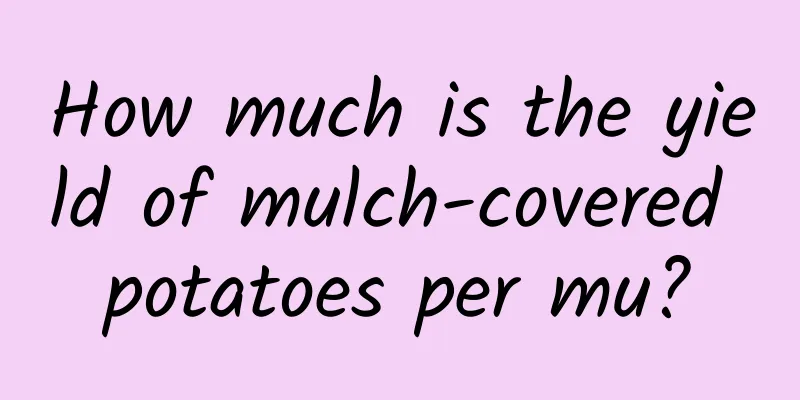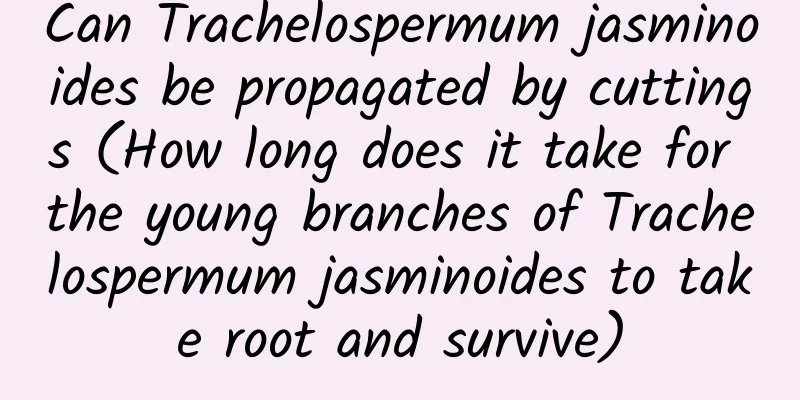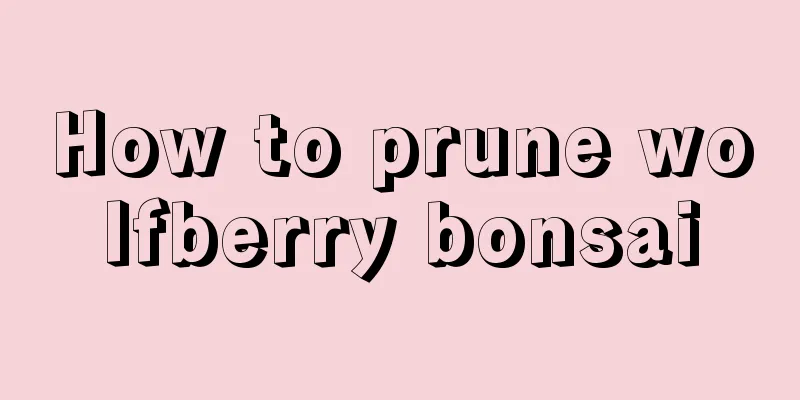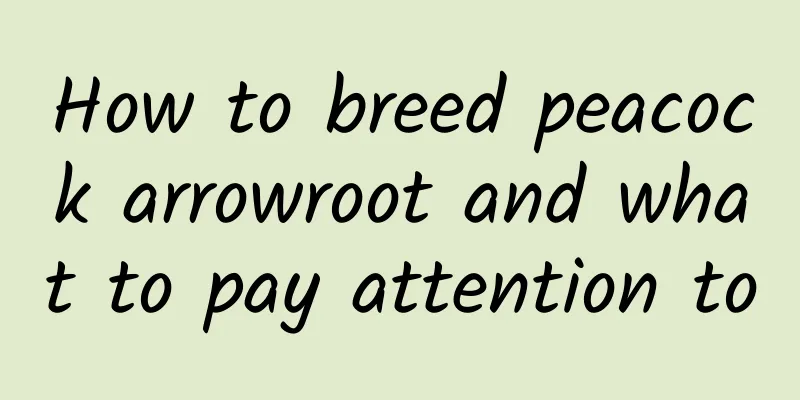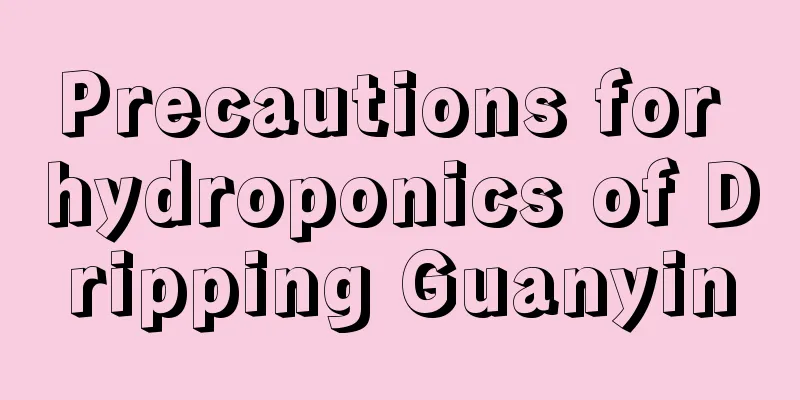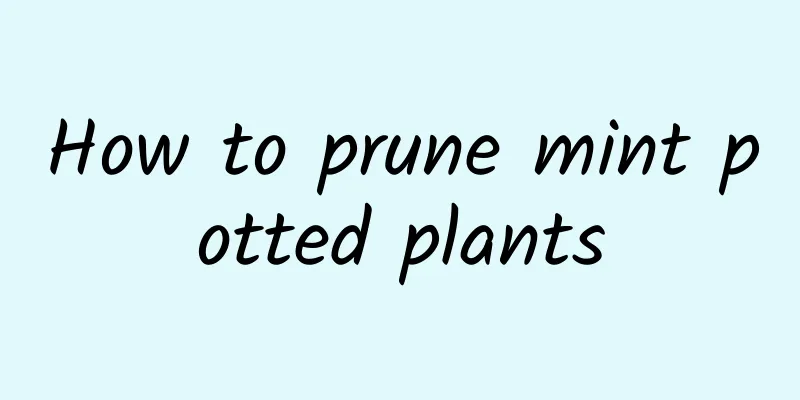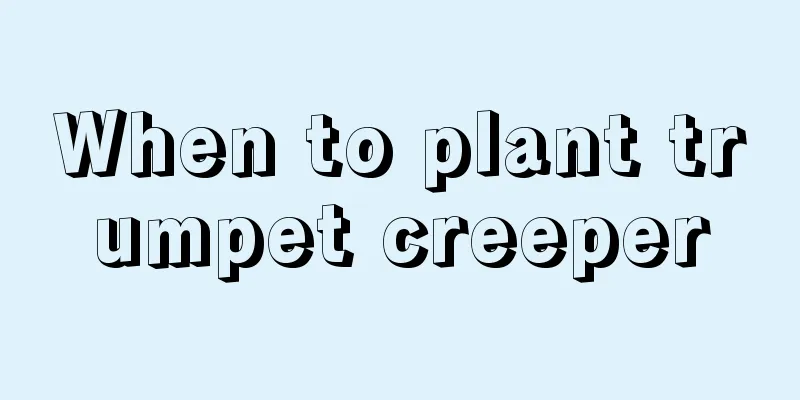Pests of Albizia Julibrissin and their control methods
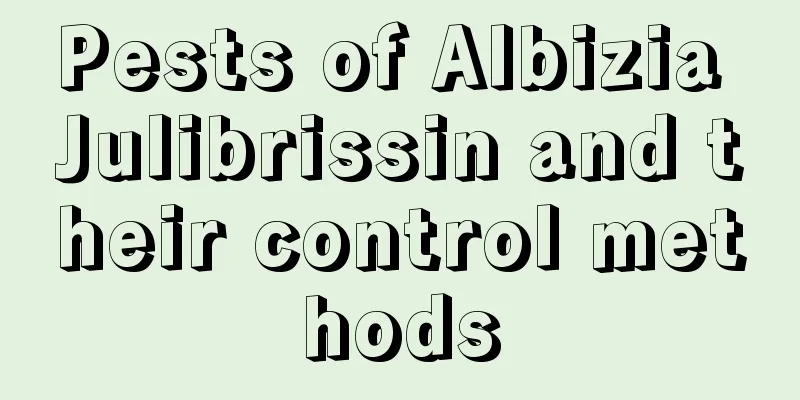
Pests of Albizzia julibrissinica: Albizzia bicolorsymptomThe adult is about 25 cm long and 5 cm wide, with a brown or yellow-brown body and a blue-green longitudinal stripe in the center and on both sides of the dorsal plate. The larvae are about 50 mm long, milky white, with 6 gray-brown spots on the front edge of the pronotum, and 3 pairs of thoracic legs. It will cause the death of a large number of Albizia albizzia trees, reducing the utilization and ornamental effect of the wood. Prevention and treatment methodsOne method is manual killing, which is carried out around 8 o'clock in the evening when the adults emerge. One method is to spray cypermethrin on the tree trunks during the hatching period of the larvae. One method is to make 3-4 small holes at equal distances at the base of the trunk, with a depth of 3-5 cm, and inject 1-3 times diluted solution of 50% long-lasting phosphorus, which has a better effect. The last method is to water the tree trunk with 250-400 times the concentration of oxydemeton-methyl emulsifiable concentrate for prevention and control during the larval damage period. Pests of Albizzia julibrissin: Albizzia julibrissinsymptomThe adult of the family Boreridae is 3.5-4 mm long, copper-green in color and slightly shiny. The larvae are 5-6 mm long, with a very small, dark brown head, a relatively wide chest, a relatively thin abdomen, and no legs. They will start to bite the tree trunk in early June and lay eggs mostly on the branches, one egg in each place. The larvae will harm the tree, and dark brown gum will ooze out of the damaged parts in September and October. Prevention and treatment methodsChoose disease- and insect-free seedlings before planting, strengthen management after planting, and clean up pests in a timely manner when they are found. In early June, when the adults are emerging, spray 1500-2000 times the concentration of 20% chrysanthemum carbendazim emulsion on the tree crowns, trunks and branches to kill the adults. Pests of Albizzia julibrissin: Albizzia julibrissinsymptomThe adult body is about 6 mm long, with silver-gray forewings and many irregular black spots. The eggs are oval, dark green, and occur in clusters. After being frightened, they become very active and mainly harm the branches and leaves of the Albizia Julibrissin. In serious cases, the tree is full of insect nests, a large amount of leaf flesh is eaten away or incomplete, and the crown of the tree dries up. Prevention and treatment methodsOne is to spray 1500-2000 times of 50% cypermethrin emulsifiable concentrate, or 2000 times of 20% pyrethroid emulsifiable concentrate, or 1000-1500 times of 90% dichlorodiphenyltrichloroethane crystals to kill the larvae during the larval stage. Second, in autumn, winter and spring, remove and destroy the overwintering cocoons and pupae on tree branches and nearby buildings. Third, during the larvae's nesting stage, if there are not many insects, you can cut off the nest and kill the larvae. |
<<: Pests and diseases of Araucaria and their control methods
>>: Evening primrose pests and diseases and their control methods
Recommend
Taboos of growing camellia in winter
Not too little light Although this flower is a se...
How to improve clay into soil for growing vegetables (how to improve the soil quality of the vegetable garden to grow vegetables)
Regarding how clay improves vegetable growing, I ...
How to propagate bamboo orchid
1. Growth habits First, let’s understand the grow...
How to Identify Taiwan Podocarpus
1. Appearance Podocarpus is a tree of the genus T...
When is the right time to sow soybeans?
Soybean planting time Soybeans can be sown in spr...
Where do passion fruit seeds come from?
Where do passion fruit seeds come from? The seeds...
Is it good to put a small banyan bonsai at home (feng shui, is it good or bad)
1. Is it good to put it at home? There are rumors...
Breeding methods and precautions of Yunjin Rhododendron
Growth habit Before talking about how to raise th...
How to make corn seeds germinate quickly? What is the germination temperature of seeds?
Corn seeds germination Corn is a short-day plant....
What to do if the leaves of Christmas cactus are shriveled
(1) Specific reasons: Insect pests are one of the...
How to grow high-yield forage grass
In order to achieve better economic benefits, man...
How to take care of newly bought lilies
1. How to deal with the lilies you just bought Af...
Diseases and Pests of Butterbur and Their Control
Brown spot disease of Butterbur and its control S...
How to raise caterpillars and succulents? How to raise caterpillars
The scientific name of Caterpillar Succulent is W...
When to sow cockscomb
Suitable time for sowing cockscomb Cockscomb belo...
